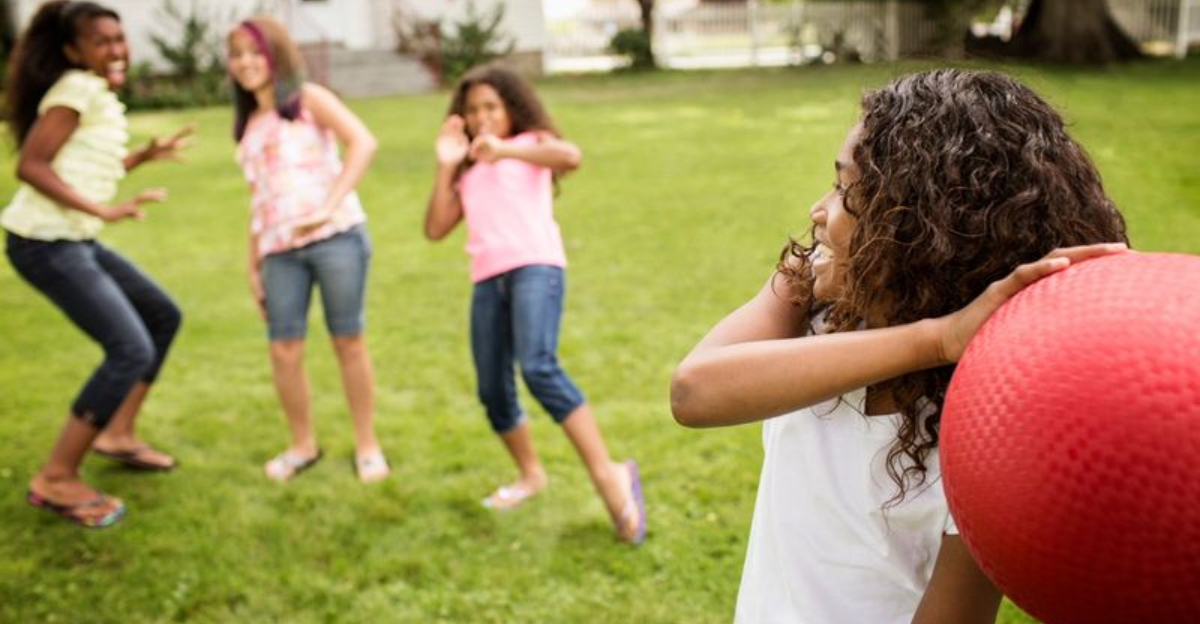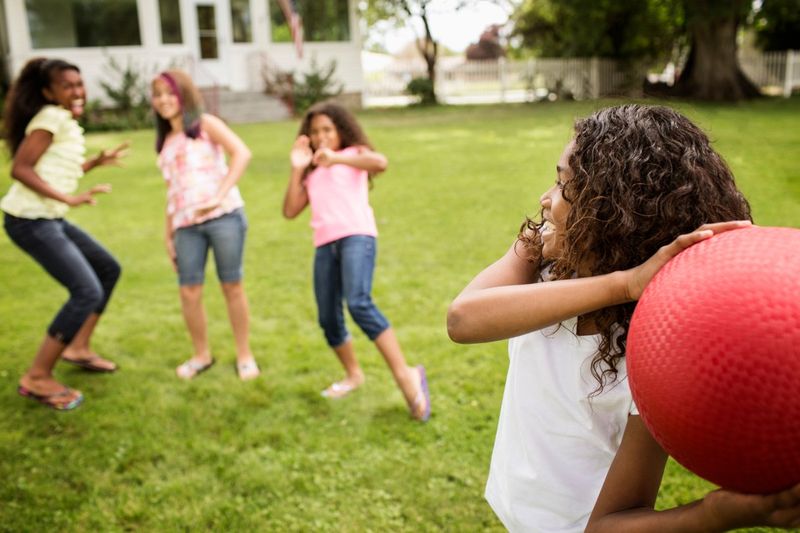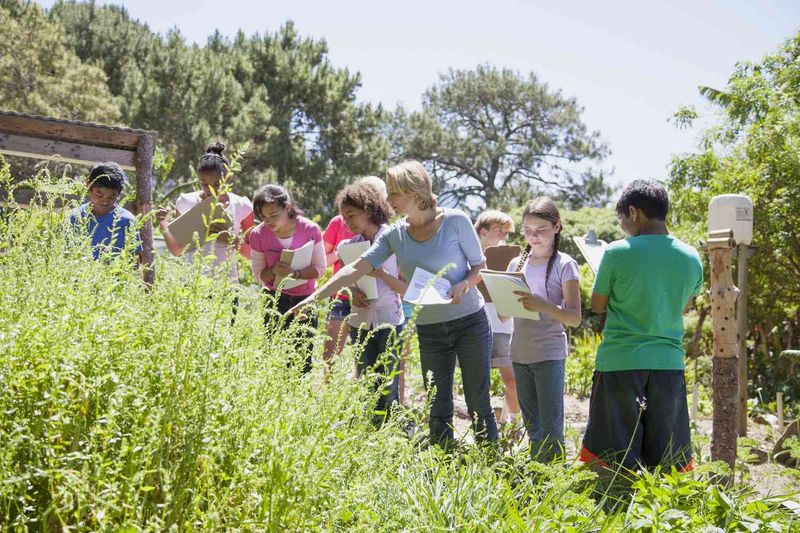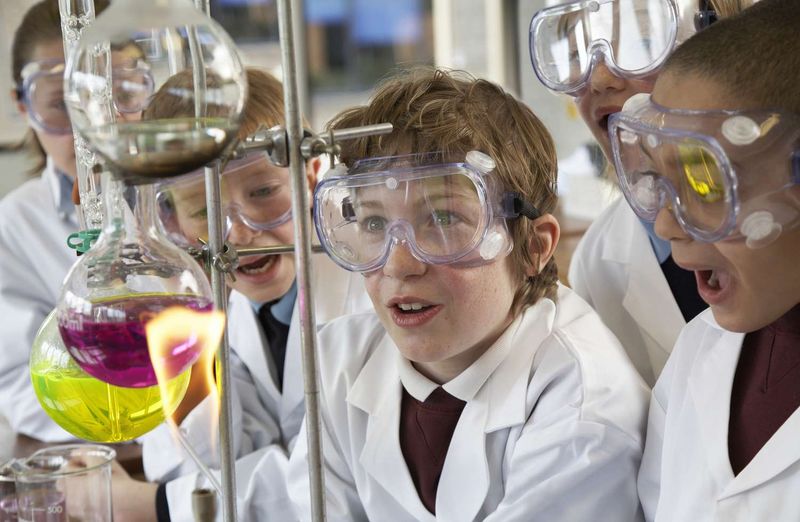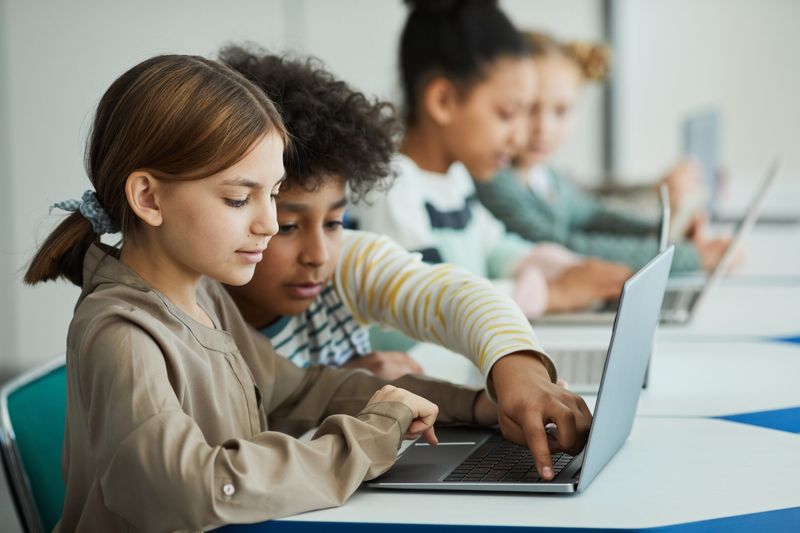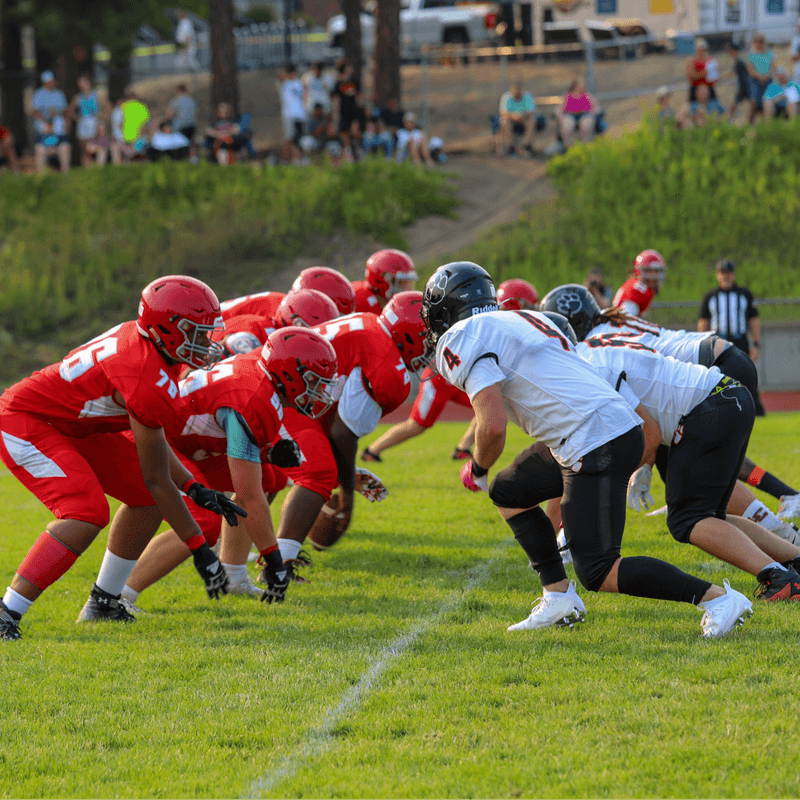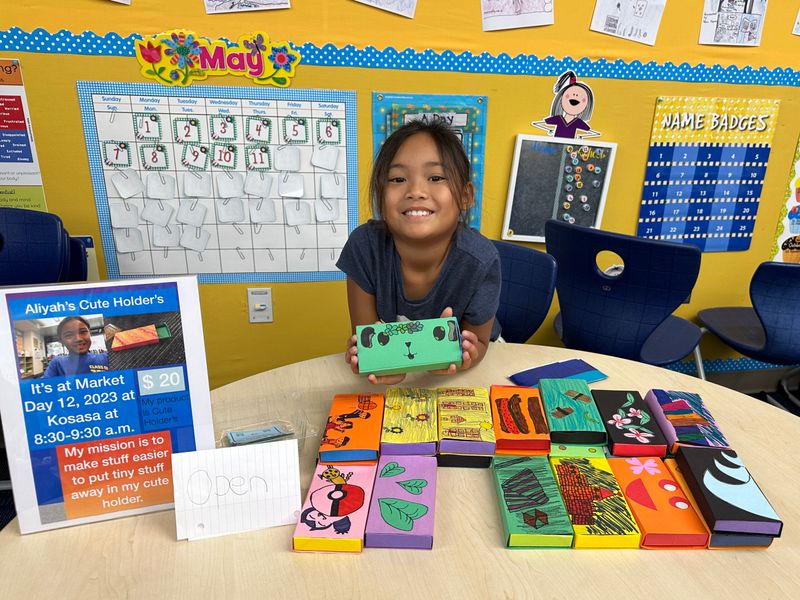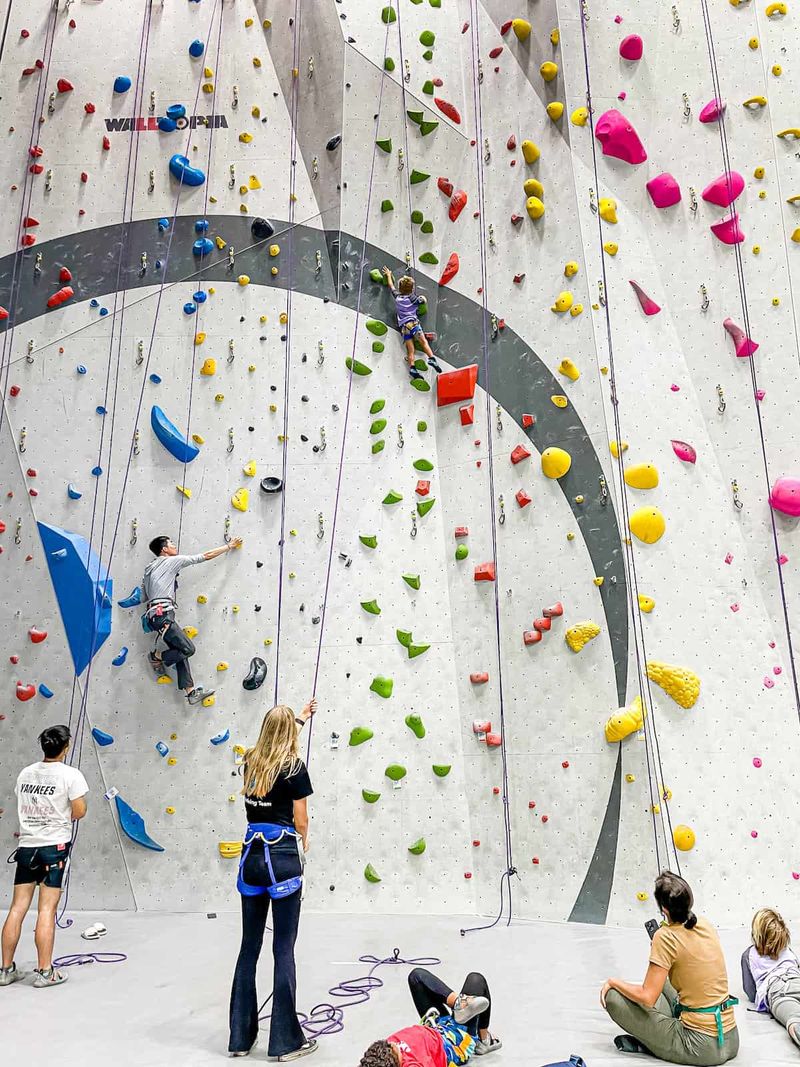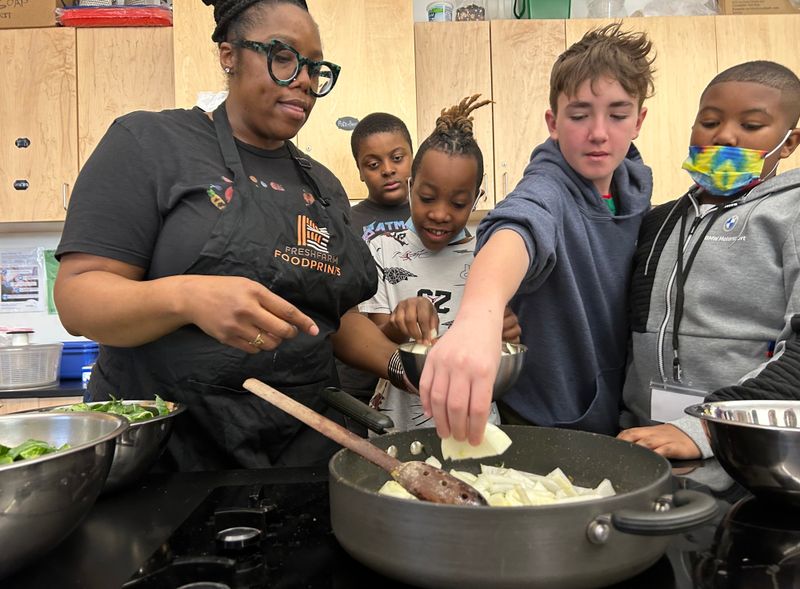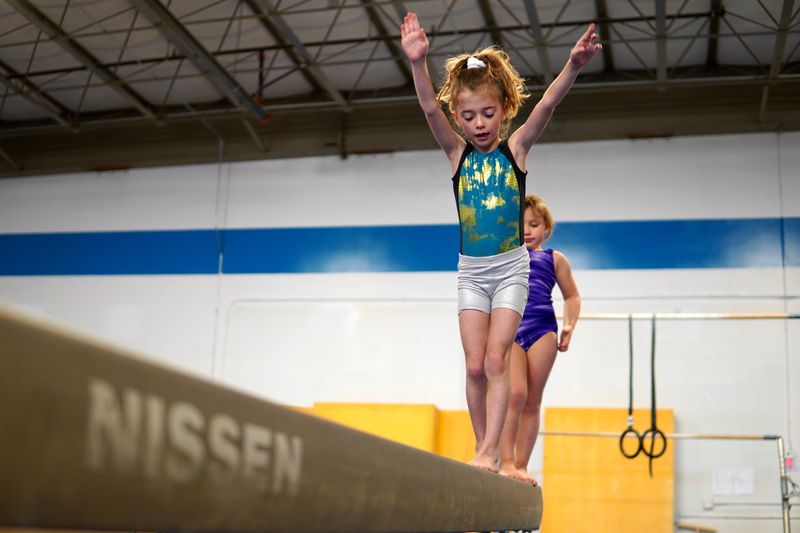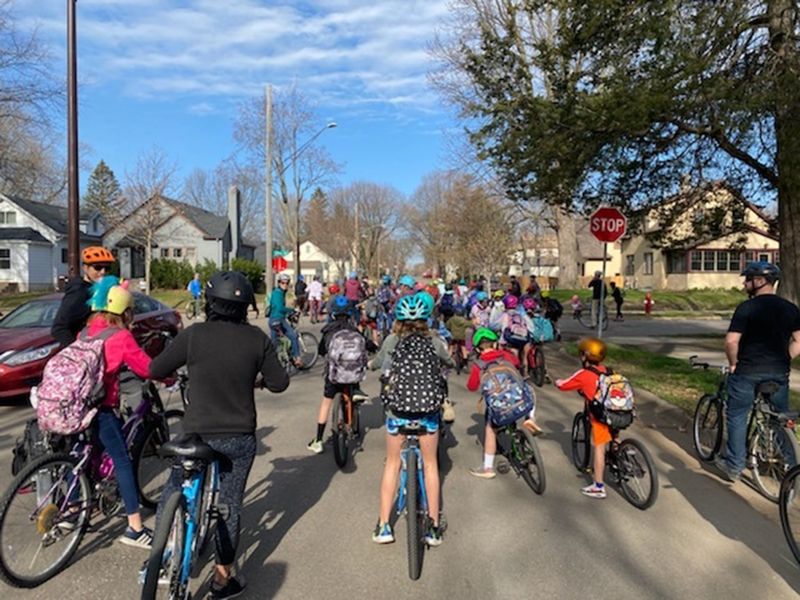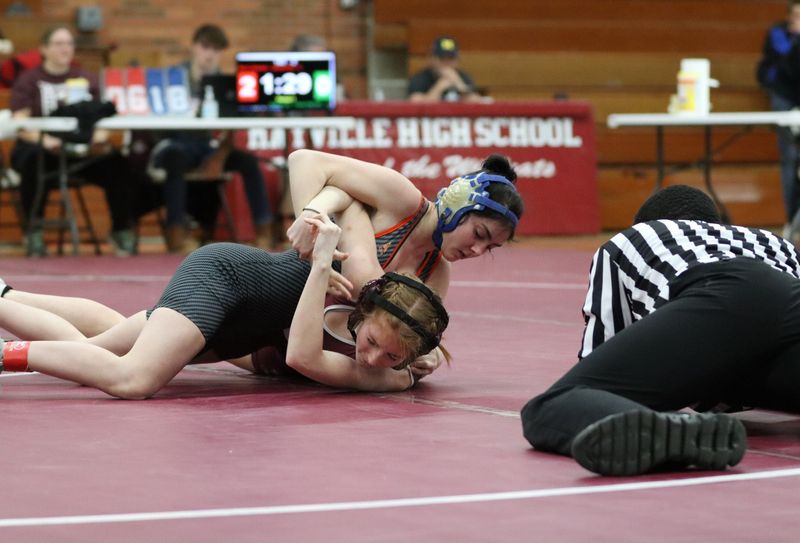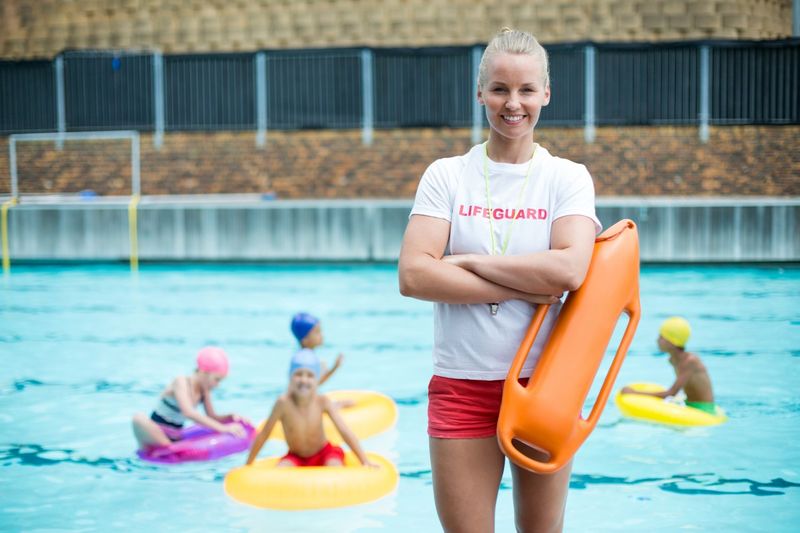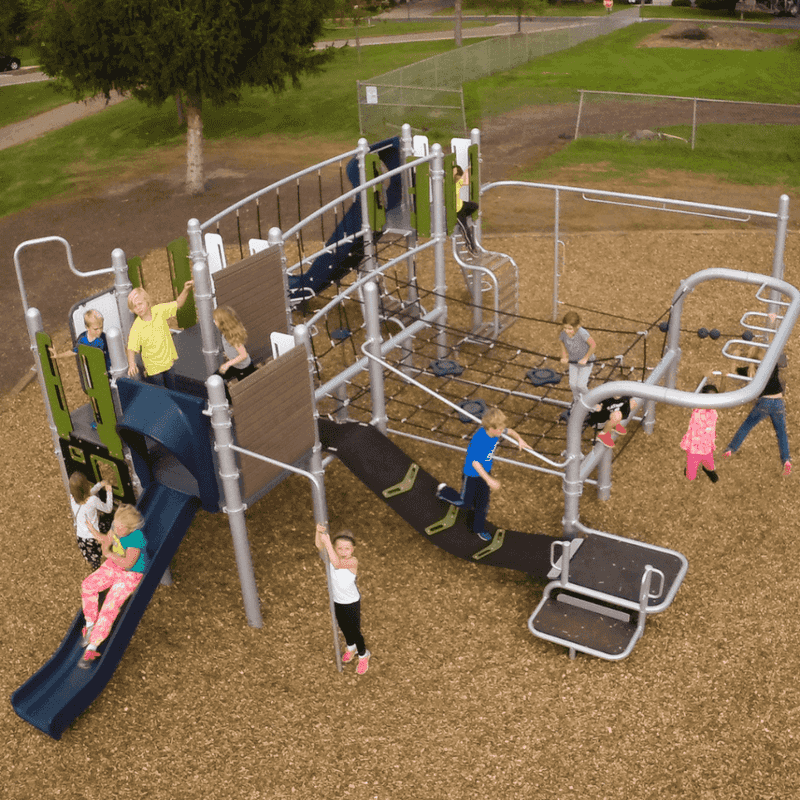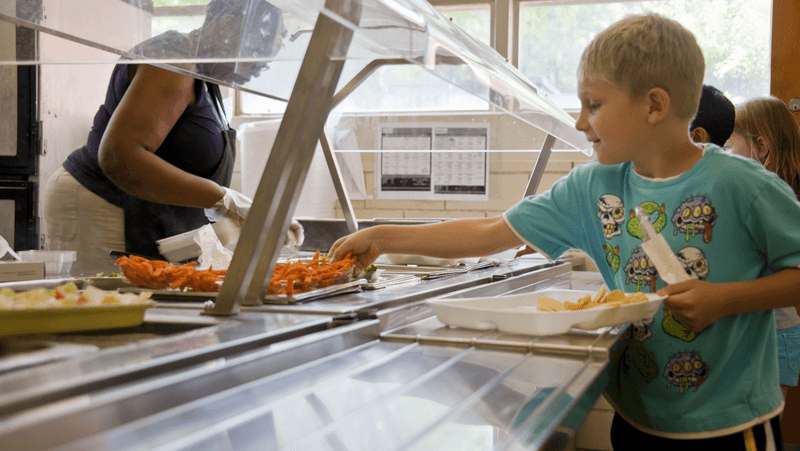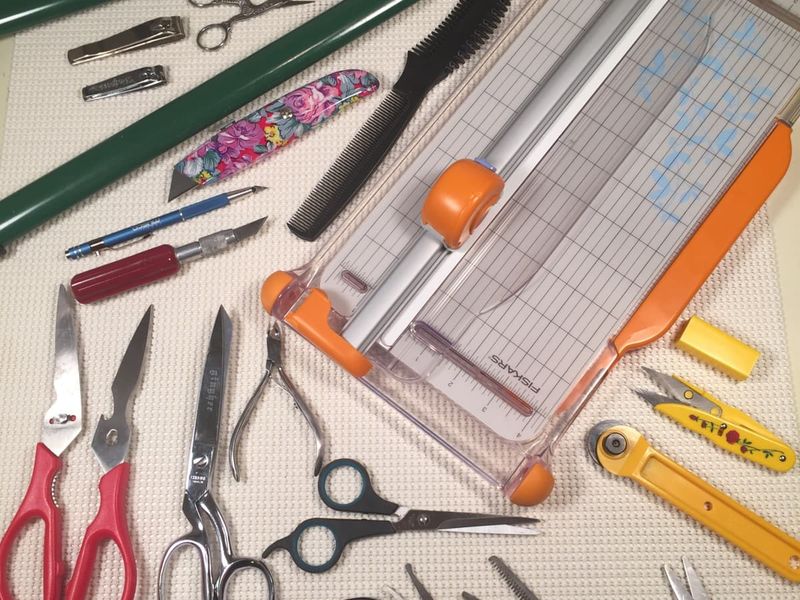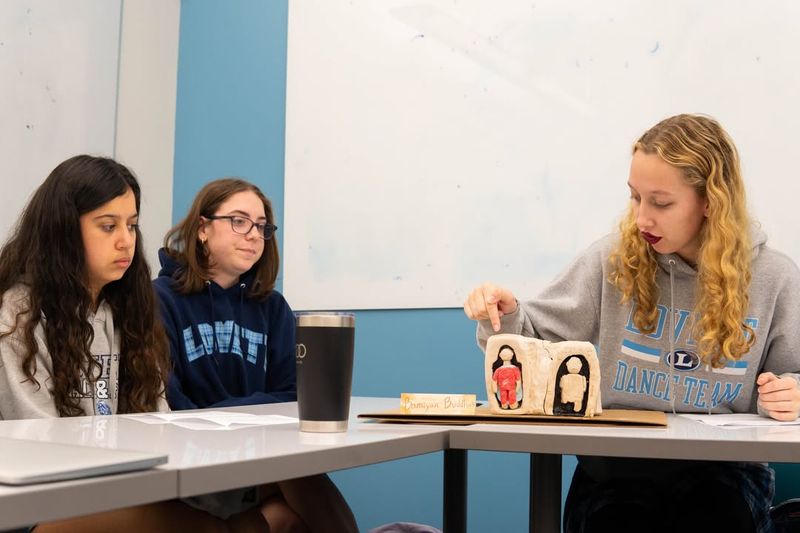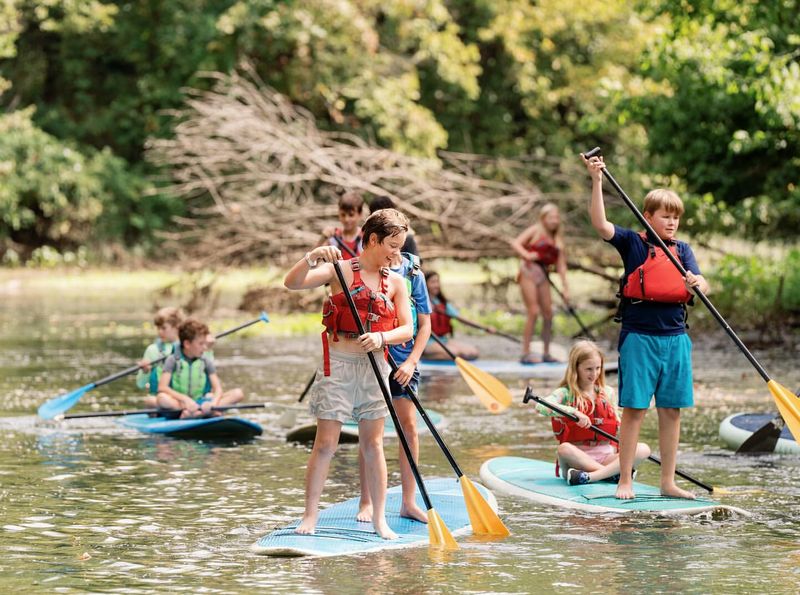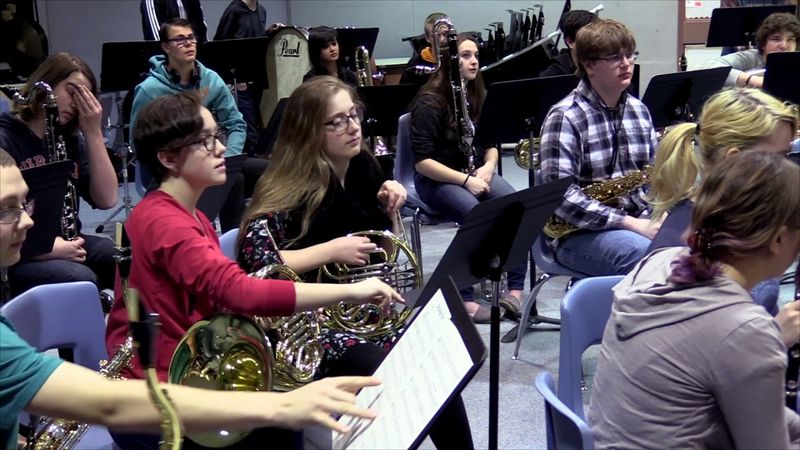In today’s rapidly changing world, parents are increasingly concerned about the safety of certain school activities that were once considered harmless.
With heightened awareness of potential dangers, many traditional school activities are now viewed with caution.
This list explores 20 such activities that parents today deem too risky.
1. Dodgeball
Once a staple of physical education classes, dodgeball is now seen as too aggressive by many parents. Concerns about physical injuries such as bruises, sprains, and even broken bones have led to its decline in popularity.
Parents worry about the emotional impact of being targeted by classmates during the game. These issues have prompted schools to reconsider its inclusion in the curriculum.
While some argue it builds character and resilience, others emphasize the potential for both physical and emotional harm. It’s now often replaced with less confrontational activities that promote teamwork over competition.
2. Field Trips Without Chaperones
Field trips without adequate adult supervision have become a major concern for parents. The worry is that without enough chaperones, students may engage in risky behaviors or become lost.
Safety concerns are paramount, and parents often insist on a high chaperone-to-student ratio.
The potential for accidents or unforeseen events has caused many schools to limit or even cancel unaccompanied field trips. Schools now often require parental volunteers to ensure every child is accounted for, prioritizing safety above all else.
3. Chemistry Lab Experiments
Chemistry labs once excited students with hands-on experiments, but parents now worry about potential accidents. The use of hazardous chemicals and open flames brings the risk of burns, chemical spills, and toxic fumes.
Many schools have increased safety protocols, requiring protective gear and supervision. Despite these measures, accidents can still occur.
Parents fear the unpredictability of chemical reactions, leading to calls for virtual simulations instead. Emphasizing safety over experiential learning, some advocate for less risky subjects to engage students in scientific inquiry.
4. Unsupervised Internet Access
The digital age has transformed education, but unsupervised internet access raises alarms among parents. The potential exposure to inappropriate content or online predators is a significant concern.
Schools are implementing strict internet usage policies and monitoring software to mitigate risks.
Parents advocate for supervised browsing sessions and educational programs on digital literacy and safety. While the internet is a valuable resource for learning, ensuring students’ online safety remains a top priority, with many believing that vigilance is essential to protect young minds from harmful influences.
5. Contact Sports
Contact sports like football have passionate fans, yet parents worry about concussions and long-term injuries. The physical intensity and risk of head trauma have prompted discussions on safety protocols.
Some schools have introduced new rules to minimize contact and improve protective gear.
The debate continues over balancing the benefits of physical activity and team spirit with potential health risks. Parents often push for non-contact alternatives, seeking safer ways for students to enjoy sports without compromising their well-being.
6. Shop Class
Shop class, once a rite of passage, now faces scrutiny due to safety concerns. The use of power tools and machinery presents risks of cuts, burns, and other injuries.
Parents advocate for enhanced safety measures, including more supervision and proper protective equipment. Despite precautions, accidents can still happen, leading to calls for alternative teaching methods.
Some schools have introduced virtual tools and simulations to teach skills without physical risks. While hands-on experience is valuable, ensuring student safety takes precedence, prompting a reevaluation of traditional shop classes.
7. Climbing Walls
Indoor climbing walls are popular for physical education, yet parents fear potential falls and injuries. Despite safety harnesses and mats, the risk of accidents remains a concern.
Schools focus on rigorous safety checks, training, and supervision to mitigate dangers.
Parents advocate for age and skill-appropriate activities, emphasizing controlled environments. While climbing offers great physical benefits, the perceived risk prompts some schools to opt for lower-risk exercises. The balance between adventure and safety continues to shape discussions on physical education activities.
8. Home Economics with Cooking
Cooking in home economics is a cherished tradition, but concerns about kitchen accidents are rising. Parents worry about burns, cuts, and mishandling of kitchen equipment.
Schools have improved safety protocols and supervision to address these fears.
While the class teaches essential life skills, some parents advocate for alternative methods such as virtual cooking classes. Emphasizing safety, they call for controlled environments where students can learn without the risk of injury, ensuring that the focus remains on education rather than potential hazards.
9. Gymnastics
Gymnastics is celebrated for its ability to enhance physical strength and flexibility, but parents worry about the risk of serious injuries. Falls, sprains, and even fractures are common concerns.
Schools enforce strict safety measures, including proper equipment and trained supervision.
Despite these efforts, the fear of accidents persists, leading some parents to seek alternative activities. While gymnastics fosters discipline and agility, the potential for injury prompts calls for safer physical education programs that prioritize student well-being over competitive success.
10. Bike Riding Trips
Bike riding trips offer excitement and adventure, yet parents worry about road safety and accidents. Concerns over traffic, falls, and inadequate supervision are prevalent.
Schools emphasize safety gear and predetermined routes to ensure student safety.
Despite precautions, the fear of accidents prompts some to restrict such activities. Parents often advocate for alternative experiences that provide similar benefits without the associated risks. While cycling promotes physical health and freedom, maintaining safety remains a top priority for many concerned parents.
11. Science Fair Projects with Live Animals
Science fairs inspire creativity and learning, but projects with live animals worry parents. Concerns revolve around animal welfare and potential allergies or injuries to students.
Schools implement guidelines to ensure humane treatment and appropriate care for animals.
Despite these measures, many parents advocate for non-animal-based projects. The focus on ethical considerations and student safety continues to shape discussions on science fair guidelines. While live animals can enrich learning, the risks and ethical concerns lead to a preference for alternative educational approaches.
12. High Ropes Courses
High ropes courses offer thrilling experiences, but parents are concerned about safety and the potential for falls. Despite strict safety protocols, the perception of risk remains significant.
Schools prioritize professional supervision and quality equipment to mitigate dangers.
Some parents prefer less risky alternatives that still build confidence and teamwork. While high ropes courses challenge students and foster personal growth, the balance between adventure and safety often leads to careful consideration of their inclusion in school programs. The ongoing dialogue reflects a broader concern for student well-being.
13. Wrestling
Wrestling is praised for teaching discipline and strength, yet parents worry about injuries like sprains and concussions. The physical nature of the sport raises concerns about safety.
Schools enforce rules and provide proper protective gear to minimize risks.
Despite these efforts, some parents advocate for alternative sports that are less physically demanding. The desire to protect students from potential harm while encouraging physical activity continues to shape discussions around wrestling in school sports programs, emphasizing a cautious approach to student welfare.
14. Swimming without Lifeguards
Swimming is an essential skill, but swimming sessions without lifeguards raise safety concerns. Parents fear drowning risks and inadequate supervision during school swim classes.
Schools are urged to employ certified lifeguards and enforce strict supervision standards.
Despite measures to ensure safety, the anxiety of potential accidents leads some parents to call for more stringent safety protocols. Emphasizing the importance of safety in aquatic activities, parents continue to advocate for measures that protect students while allowing them to enjoy the benefits of swimming.
15. Playground Equipment
Playgrounds are vital for childhood development, yet parents worry about unsafe equipment and potential injuries. Concerns about falls, fractures, and maintenance of playground structures are prevalent.
Schools focus on regular inspections and safety improvements to reassure parents.
Despite these efforts, the fear of accidents persists, prompting some to call for safer playground designs. The balance between providing engaging play experiences and ensuring safety continues to drive discussions on playground standards, reflecting a growing awareness of the importance of risk management in children’s activities.
16. Cafeteria Food Handling
Food safety in school cafeterias is a growing concern among parents. Issues of hygiene, cross-contamination, and foodborne illnesses are at the forefront of discussions.
Schools have enhanced food handling practices and staff training to address these concerns.
Despite improvements, the worry over potential health risks leads parents to advocate for stricter standards and transparency. Emphasizing the importance of safe and nutritious meals, parents continue to push for measures that prioritize student health and wellness, ensuring confidence in the food provided to their children.
17. Art Class with Sharp Tools
Art classes often involve creative exploration, but parents worry about the use of sharp tools. Concerns about cuts and injuries are common, prompting calls for enhanced safety measures.
Schools implement guidelines and supervision to mitigate risks, ensuring student safety.
Despite precautions, some parents advocate for alternatives that reduce the need for potentially dangerous tools. The focus on balancing creativity with safety continues to shape the approach to art education, with an emphasis on fostering artistic expression while minimizing risks in the classroom.
18. Unmonitored Group Study Sessions
Group study sessions offer collaborative learning, yet parents worry about lack of supervision. Concerns about distractions and off-topic activities are prevalent.
Schools encourage structured sessions and teacher oversight to ensure productive use of time.
The fear of unproductive behavior leads some parents to advocate for more monitored environments. While group studies enhance learning experiences, ensuring that students remain focused and safe is a priority. The ongoing discussions reflect a desire to balance independence with guidance, promoting effective and responsible study habits in students.
19. Team Sports Travel
Traveling for team sports is exciting, but parents worry about safety on the road and during events. Concerns about accidents and inadequate supervision are common.
Schools implement comprehensive travel plans and supervision to address these issues.
Despite efforts to ensure safety, the anxiety of unforeseen circumstances prompts some parents to limit travel. The focus on balancing competitive opportunities with safety continues to shape policies, reflecting a broader concern for student well-being. Parents emphasize the importance of vigilance and preparedness during team travels.
20. Music Class with Loud Instruments
Music classes provide cultural and artistic enrichment, but loud instruments raise concerns about hearing damage. Parents worry about prolonged exposure to high decibel levels.
Schools use sound level monitoring and ear protection to safeguard students’ hearing.
Despite these measures, the fear of potential harm leads some to advocate for quieter alternatives or modified sessions. Emphasizing a balanced approach to music education, parents and schools work together to ensure students enjoy musical experiences without compromising their auditory health, reflecting a commitment to long-term well-being.
